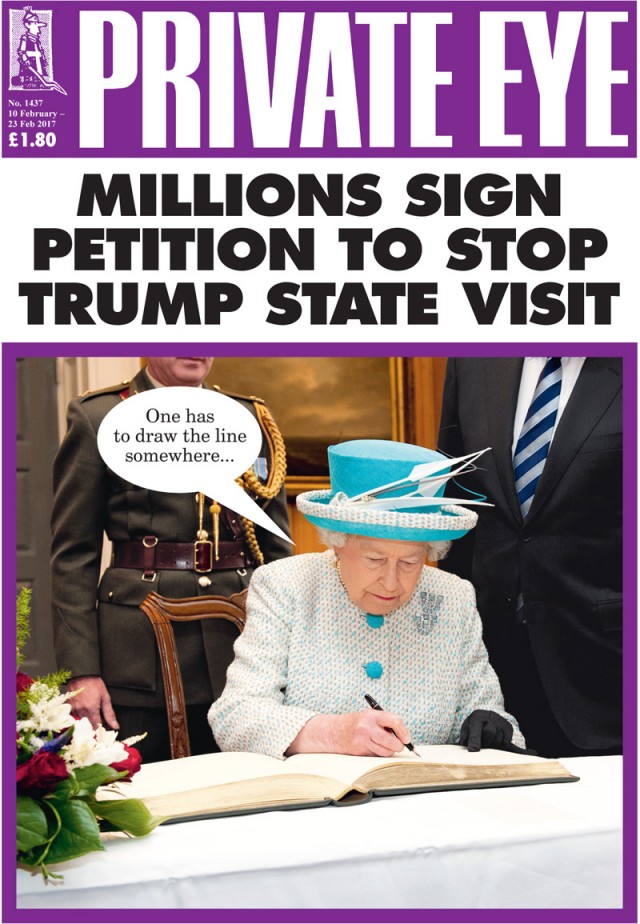 For Ian Hislop, publisher of Private Eye, one thing is crystal clear:
For Ian Hislop, publisher of Private Eye, one thing is crystal clear:
“Journalism needs to be paid for,” said Hislop. “It keeps it clean because it means it’s not paid for by the Russians or someone else paying teenagers in a factory to write drivel. And it means you have a comeback. Our readers pay for the magazine. If they don’t like what is in it, they are very cross. They write and tell you – they keep you honest. It is a much, much better model, a much more honest model,” he says in an interview with Jessica Goodfellow in The Drum.
The publisher has not only kept their content in print, but they’ve also basically said no to social media.
“The paper today carries the same textbook British sense of humour, clunky graphics and cutting headlines it did in the 60s. But more than that, it’s also one of the last remaining publications to ardently defend print by sticking a finger up to digital, even if it means the brand could die with its format,” writes Goodfellow.
That adamant refusal to give away content on social media is part and parcel of Hislop’s insistence on the value of journalism. And he sees no big mystery in why news brands are in such deep trouble over fake news and eroding trust.
This anti-digital strategy gets the publication out of the social media echo chamber, which allows them to present a more balanced and honest view of the work, Goodfellow notes.
Completely unconcerned with digital income, the magazine counts on the cover price to pay the cost of the magazine; any advertising is a bonus. And although it’s worked for them, he’s quick to step back from giving advice to other publishers.
“I don’t think it’s my position to lecture people. I have had 10 years of people saying to me that ‘the future is digital and print is dead, you are finished.’ And we are not, self-evidently,” Hislop notes.
He realizes he’s been lucky (or smart, or a bit of both). And he’s always keenly aware of those who would call Private Eye “fake news.” To that, he’s unruffled.
“I think you’d have to be pretty insensitive to humour to imagine that the Queen has signed a petition to stop Donald Trump coming over on a state visit,” he says. “There may be people out there who believe that. There is not much I can do about that,” Hislop says.
He scoffs at the publishers who have insisted that people won’t pay for news, saying they created the problem to begin with.
“And I think the failure of the last 10 years has been to chase after free and give away your content for free – why should you? I don’t expect to be given entertainment for free, a haircut for free, music, films, any of that. All that model seems to be doing is destroying a craft base,” he says.
For Hislop, the magazine either works as a print product, or it doesn’t work at all. And it’s paid for, not free. Such a sublime stand to take…and such a powerful way to keep your brand above the fray. Make good content that people want to buy.
